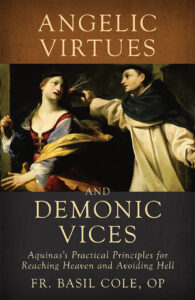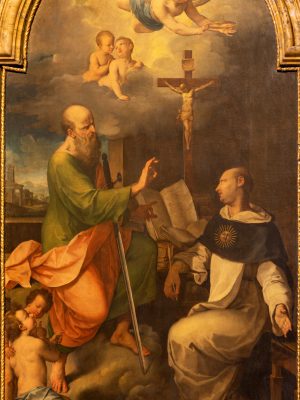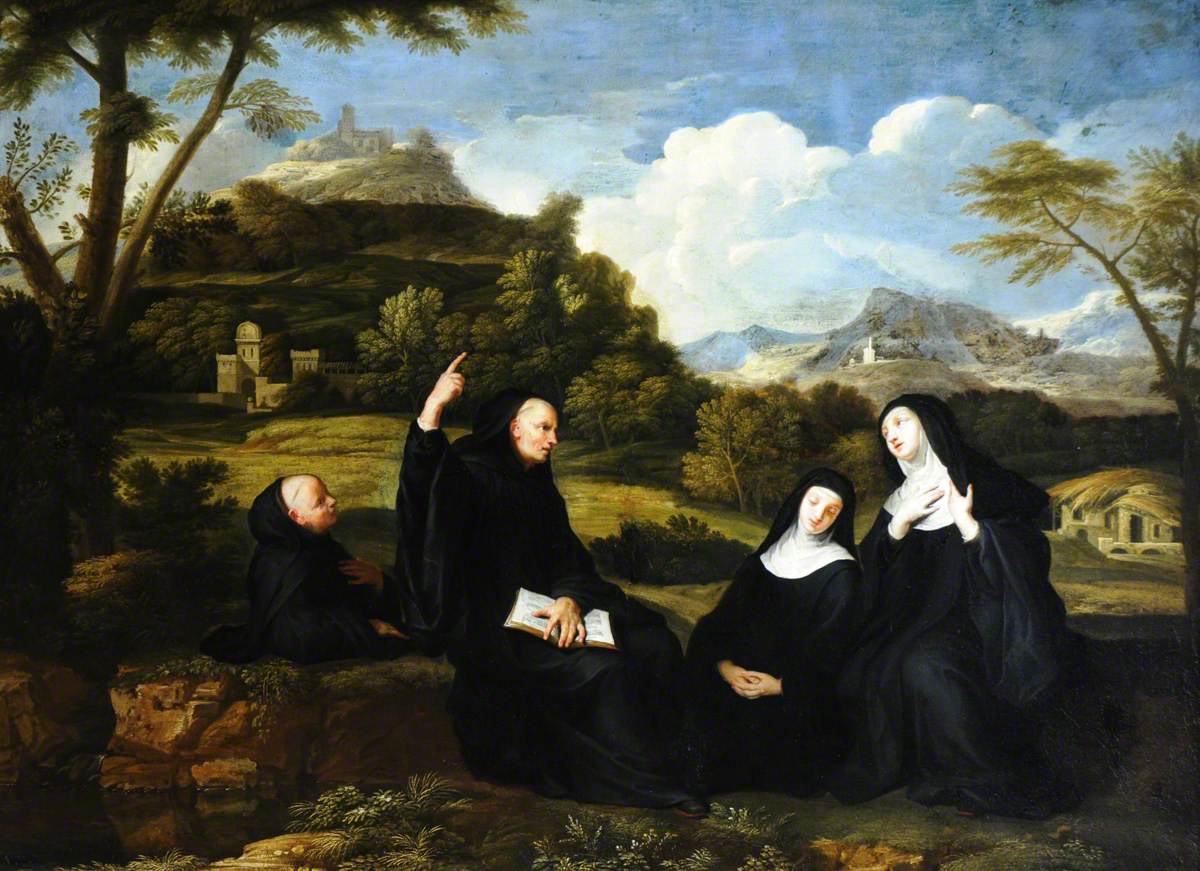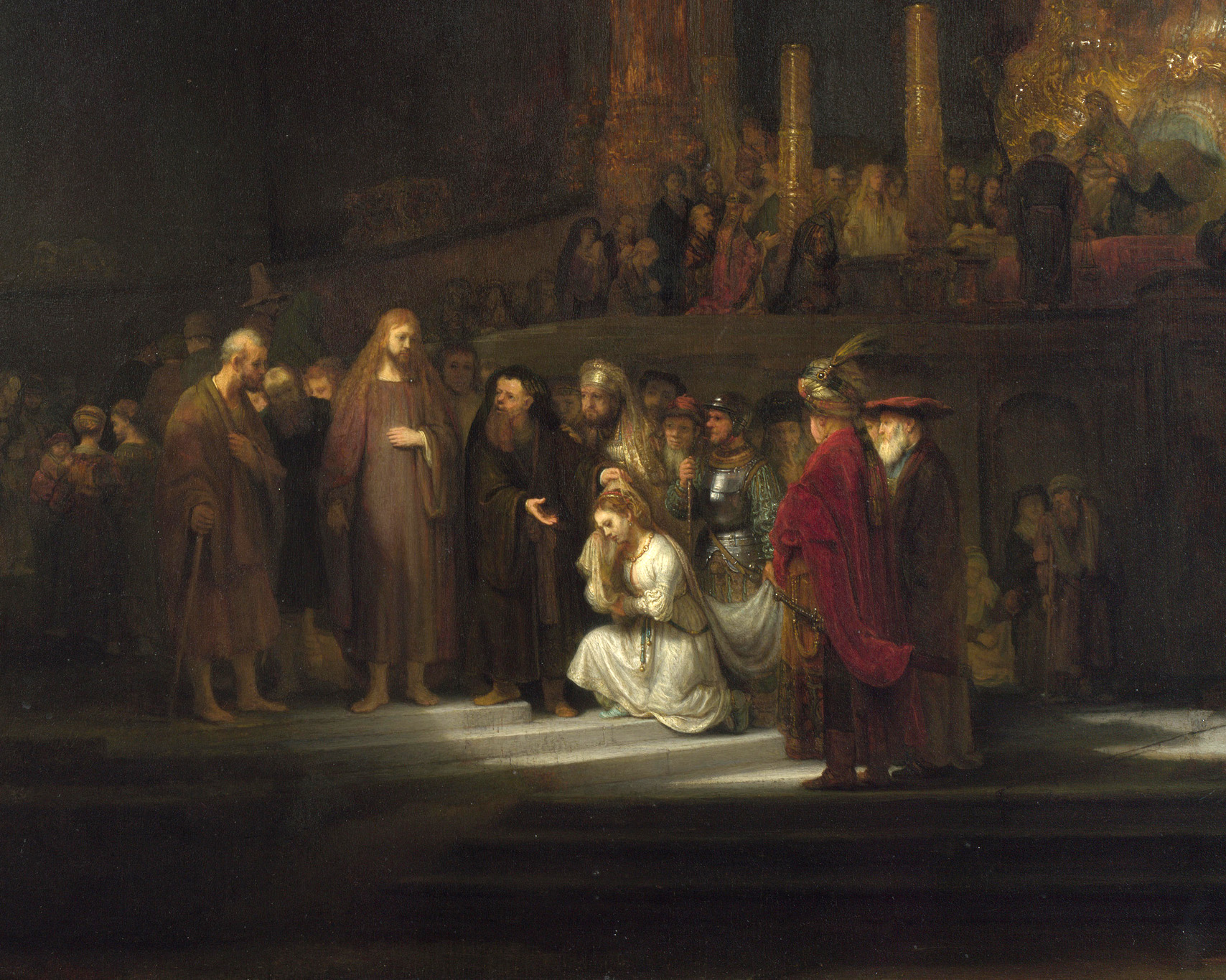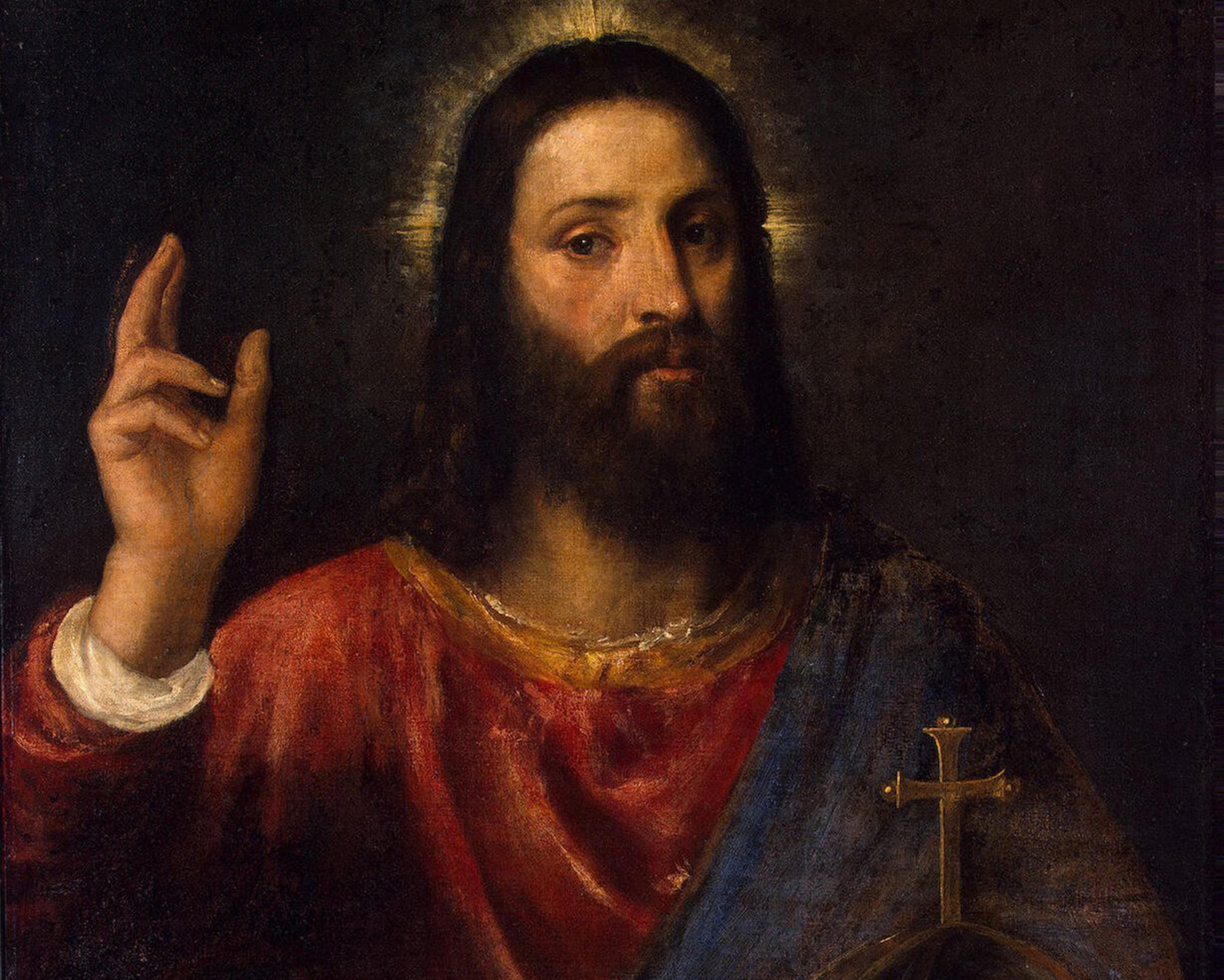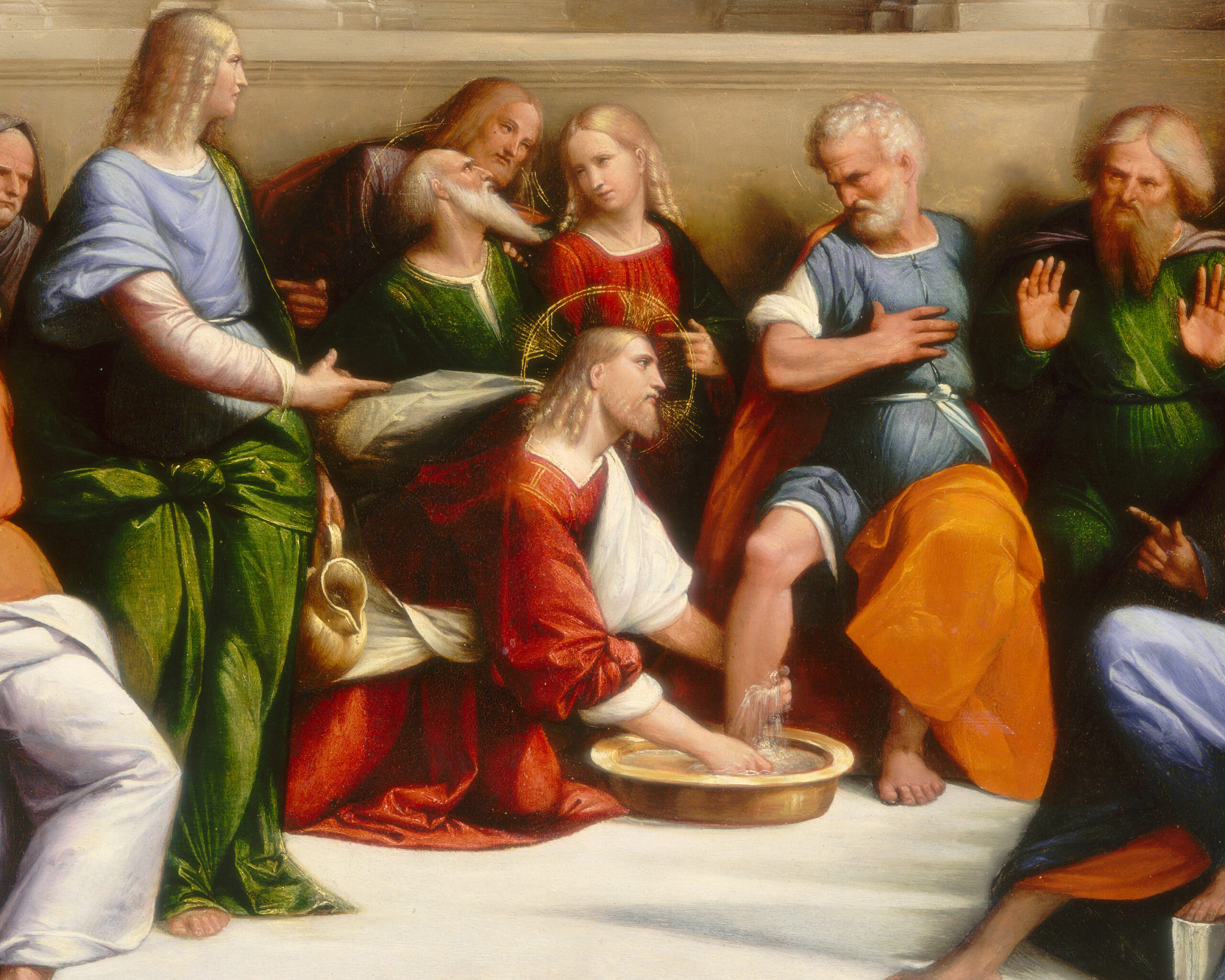Saint Thomas is clear in defining the overarching vice or inspirer of all the seven capital vices. He defines it first as a disordered love for personal excellence in excess of right reason. Then, as a special sin, pride leads to a lack of subjection to God’s rule, or commandments, and the undue estimation of one’s abilities, thereby leading a person to raise himself above God’s providential design for him.
The desire for happiness underlies the desire for natural virtue, and the desire for God underlies supernatural life such that charity becomes the form or inspirer of all the virtues. What underlies the theory of vice is pride, a kind of super-capital vice and called the queen of the vices by Saint Thomas. While ignorance and weakness are causes of sin, pride influences mortal sins, since the unreasonable choice of spiritual, bodily, or material goods as ends in themselves tears one away from one’s ultimate end. Pride accomplishes this either directly, by contempt of God, or indirectly, by motivating someone to choose a spiritual or material good unreasonably or to be sad over someone else’s good because of an exaggerated sense of one’s own excellence. This often leads the proud person to flout the limits of the natural law, or the precepts of divine revelation associated with the theological virtues.
Some of Sacred Scripture’s most important warnings deal with pride. The following passages reflect the vast number of texts on this vice: Everyone proud in heart is an abomination to the LORD; Though they join forces, none will go unpunished. (Prv 16:5, NKJV) Pride goeth before destruction: and the spirit is lifted up before a fall. (Prov. 16:18) God resisteth the proud, and giveth grace to the humble. (Jas. 4:6) For I say, through the grace given to me, to everyone who is among you, not to think of himself more highly than he ought to think. (Rom 12:3, NKJV) He hath shewed might in his arm: he hath scattered the proud in the conceit of their heart. (Luke 1:51)
The biblical authors assume that, by experience, followers of Yahweh in the Old Testament and the Lord Jesus in the New Testament understand the moral evil of pride that is involved when this vice overtakes someone.
Sinning does not mean that one has lost all affection for God, just as disobeying one’s parents does not ipso facto mean hating one’s parents, nor are all sins caused immediately by pride. Is there an overall principle for undermining virtue? It seems not in every case since some sins occur as a result of ignorance or weakness when a person is surprised by temptations.
Throughout Saint Thomas’s treatment on sin, he deals primarily with mortal sin and only secondarily with venial sin, there being an infinite difference between the two kinds of sin. Nevertheless, Saint Thomas is clear that repeated venial sin also can become a disposition or road to grave sins. As he declares, “Because he that commits a sin venial in genus turns aside from some particular order; and through accustoming his will not to be subject to the due order in lesser matters, he is disposed not to subject his will even in the order of the lasting end, by choosing something that is a mortal sin in its genus.”
This article is taken from a chapter in Angelic Virtues and Demonic Vices by Fr. Basil Cole, OP, which is available from TAN Books.
